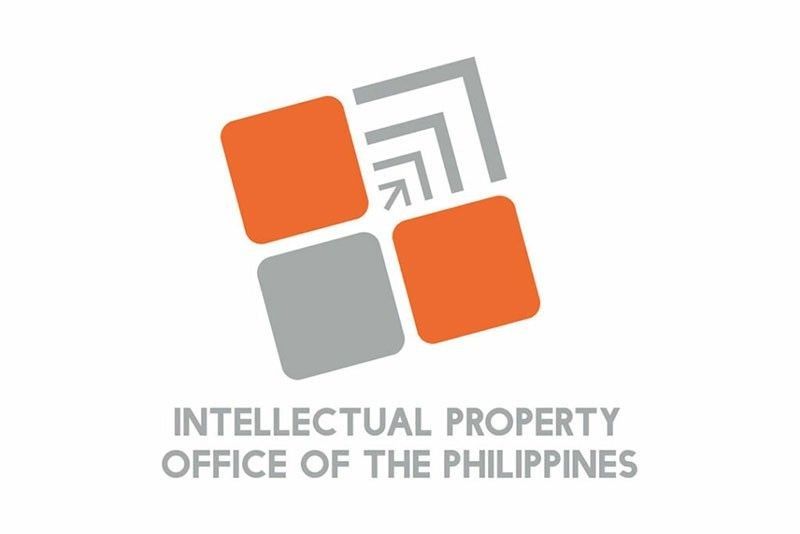Government moves vs counterfeit pharma, healthcare products
Louella Desiderio – The Philippine Star April 19, 2024 | 12:00am Intellectual Property Office of the Philippines. STAR / File MANILA, Philippines — The Intellectual Property Office of the Philippines (IPOPHL) has teamed up with the Pharmaceutical and Healthcare Association of the Philippines (PHAP) for an anti-counterfeiting drive and to promote healthcare innovations. In a statement, […]


Louella Desiderio – The Philippine Star
April 19, 2024 | 12:00am
Intellectual Property Office of the Philippines.
STAR / File
MANILA, Philippines — The Intellectual Property Office of the Philippines (IPOPHL) has teamed up with the Pharmaceutical and Healthcare Association of the Philippines (PHAP) for an anti-counterfeiting drive and to promote healthcare innovations.
In a statement, the IPOPHL said the PHAP has expressed its commitment to be part of the agency’s e-commerce memorandum of understanding (MOU) to respond to the challenges posed by illicit activities online.
With PHAP’s inclusion to the e-commerce MOU, IPOPHL director general Rowel Barba said the anti-counterfeiting campaign now has 37 members.
“By creating an environment that stimulates innovation through IP, we can ensure widespread access to quality and affordable medicines for our people even as we protect IP rights from possible infringement and the public against counterfeit drugs,” Barba said.
Since 2021, the e-commerce MOU has been enabling collaboration between online platforms such as Lazada, Shopee, TikTok Shop and Zalora and brand owners to streamline ways to prevent and take down online activities that infringe on the latter’s IP rights.
“By establishing a code of practice and enhancing collaboration between signatories, we aim to create a safer online trading environment for all stakeholders, from notice and takedown procedures to proactive and preventive measures,” PHAP executive director Teodoro Padilla said.
He said the group is committed to upholding the principles of fairness and transparency in the digital domain.
In a separate MOU, PHAP also vowed to work with IPOPHL to enable greater collaboration among innovators and create more access to medicines that respond to locally existing and emerging healthcare challenges.
Under the second MOU, there will be knowledge-sharing on areas and topics of mutual interest such as emerging schemes used to distribute counterfeit drugs in the market and rules on ethical collaboration among healthcare service and technology providers.
There will also be consultations on legislative measures such as the amendments to the IP Code of 1997 and the Pharmaceutical Innovation Bill, which are considered vital to the goals of both the IPOPHL and PHAP.
Moreover, the IPOPHL and PHAP will have policy dialogue on areas that may strengthen the country’s IP regime for healthcare innovation.














